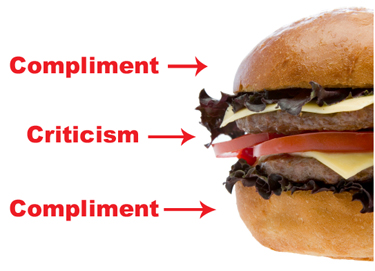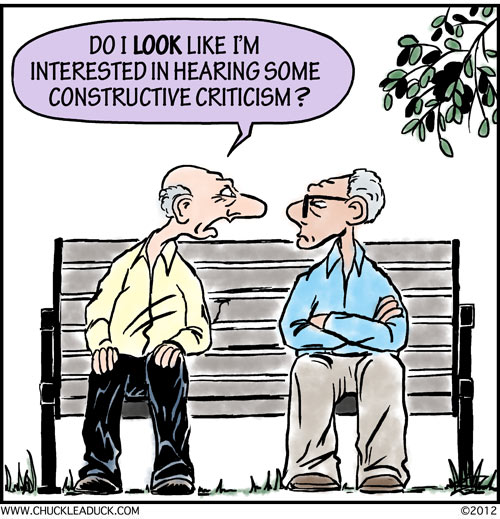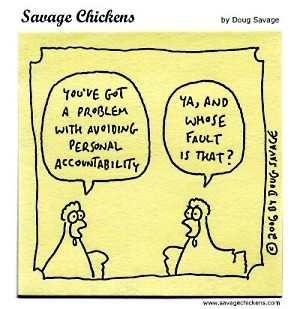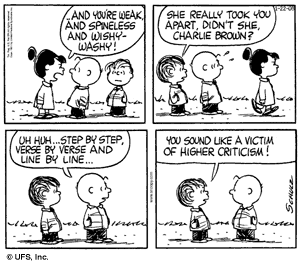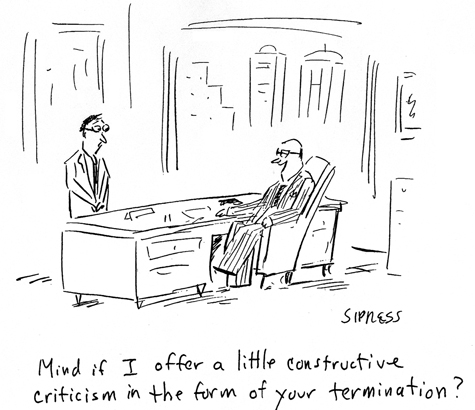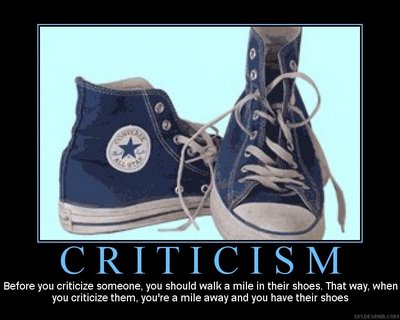By Professor David E. Weber and Bruce Sallan
Professor Weber and I have jointly been writing The Evolution of Technology series, which we love and will continue to do. However, when we saw each other at the end of 2012, we shared what we believed was a sort of sea change in attitude among the younger generation. I was seeing this as a parent and Professor Weber was seeing it from his vantage point as someone who teaches these young men and women in college. Consequently, we decided to take on this slightly different topic. Professor, take it away:
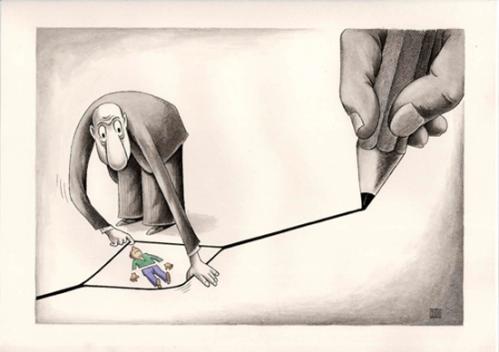 Can someone please explain the image above? I like it so decided to include it but I’m not sure what it is “saying?”
Can someone please explain the image above? I like it so decided to include it but I’m not sure what it is “saying?”
A few days before Christmas, Bruce and I met for lunch and a walk during my visit to California. We have known each other since nursery school (Bruce was VERY, VERY young in nursery school. I am substantially older than he is). Although we maintain close contact, we hadn’t actually laid eyes on each other in three or four years, living as we do on opposite sides of the continent.
During our lunchtime conversation, we discovered we had drawn similar conclusions about a certain characteristic of millennials (i.e., men and women born after approximately 1985 or so), a group also known as Generation Y or Echo Boomers: They have very thin skin.
Bruce’s younger son, for example, recently declared how it embarrasses him when Bruce networks with strangers in public space. Bruce’s son explained that he would hate the rejection that could possibly result from initiating a chat out of the blue with a potential reader, customer, or sponsor. Bruce replied to his son—who currently aspires to a career in the performing arts—that yes, sometimes people don’t respond the way you wish they would, but you must put yourself out there and take risks if you want to meet your goals, especially if you want to be in the arts.
I don’t have kids of my own flesh and blood, but I do have kids: About 500 undergraduate students every school year, whom I teach at a medium-size public university in North Carolina. Here is one example of what I mean by thin skin.
Last year, when grading two-page essays, I discovered that one student added the letter “s” at the end of the word “communication.” Not a big deal, I suppose, unless you teach communication, not communications, which are two different (although certainly related) academic fields. Our students study communication, not communications, in a communication department, not a communications department. In my courses, especially this student’s introductory course for prospective communication majors, I emphasize how important it is to apply the right label to yourself … it’s a branding issue. (And if you don’t think one letter makes a difference, spell “shift” without the “f” and see how far you get).
So when I encountered that extra “s,” I followed my standard procedure: uncapped my dark-ink Sharpie, drew a circle around the “s” and scribbled “No ‘s’” next to it.
I turned back the papers to the students. A day or so later, just before class began, one of them approached me and said, “I didn’t appreciate what you wrote on my paper.” I had no idea what she meant, until she handed me her essay…with my Sharpie note on it.
“I just wanted to call your attention to the error, encourage you never to make it again, since we emphasize it in class, and since it matters,” I explained.
“I saw that and I was in tears,” she replied, “I called my mother and she got angry as well. You shouldn’t make me feel bad about myself just for a typo.”
I promised her I would never do that again on her papers. And she may be right; maybe the Sharpie tactic is heavy-handed. It’s just that I wonder how she is eventually going to handle the sort of correction or rejection that is the way of the world for anyone who works as a professional.
Jerry, a colleague in my department, put it well: Our students sincerely believe that trying hard plus meaning well deserve much credit and appreciation—that their results are far less important than the effort and good intention expended to produce them.
Here is one example of my experience along those lines: Several years ago, I taught an advanced-level public speaking course. One young man’s comment on Day One of class made most of the other students nod in agreement and, in some case, thrust their thumbs skyward in support. He declared, “I’m kind of nervous about public speaking. I want to do well in this course and become a better speaker. I will be putting a lot of effort into my speeches. So don’t tell me what I did wrong. Just tell me what I did right.”
He is partly correct, of course: I do tell students what they did that worked, encourage them to keep that and perhaps even amplify it. But I don’t know how to coach without at least occasionally pointing out which choices were, in terms of relevant criteria, less than effective.
I usually avoid the when-I-was-an-undergraduate analogies, but on this matter of thin skin, I can’t help but recall how my professors treated us. Their choices would probably cause my students to leave school forever or initiate lawsuits. And I liked almost all of my professors. Some were jackasses, but most were pretty nice men and women. Yet they uttered sarcastic asides when you said something in class that was imprudent; they scrawled “Yuck!” in the margins of essays next to a passage that was inarticulate, dumb, or poorly written; and we just sort of took it in our stride and, generally, learned from it.
Two or three times a year since 2001, I work for a couple of days at a U.S. Marine base, which has contracted with my university for communication consulting services that I and a few colleagues provide. The men and women I work with average about 10 to 15 years or more in uniform. Some of them enlisted as long ago as 1988 or 1990. When I ask them what they notice is different between young Marines back in the day and young Marines today, what do you think they say? “These new kids are so thin-skinned,” they tell me, “they may turn out to be good Marines, but most of them can’t stand being told when they make a mistake. I have to bend over backward to make sure they don’t cry when I give correction.”
I love the things you have shared, Professor. You are clearly on the front lines of how young people are handling life as they take that last step – via college – presumably before adulthood and supporting themselves. My view is more immediate in my own household as I see how my two boys approach their lives.
Both my boys have had the ongoing tendency, whenever they’ve had a teacher they didn’t like, to blame the teacher for any resulting problems that arose. A less-than-stellar grade was the teacher’s fault for “being mean.” With perhaps only one exception I can recall, I didn’t allow them to switch classes. Instead, I explained to them that this was just the beginning of dealing with people they didn’t like. In college there would undoubtedly be difficult teachers and, of course, in their work-lives it’s unavoidable not to encounter some jerk bosses, groveling co-workers, blame-throwers, and other familiar types.
I felt it was my job to teach them to tough it out, learn ways around the difficult teacher, figure a strategy that mitigated the problem, and put the whole thing in the context of it is NOT about the teacher, but rather about your ultimate goal. In school, their goal was to get the best grade possible – especially in high school – to enhance their opportunities to go to the college of their choice.
As an aside, I can’t help but reflect on how this topic might make a great one for the Men vs. Women series I’ve been writing. Men and women react to criticism in very different ways. Most of us guys know better than to ever answer truthfully that a particular dress makes our women look fat. Most of us know that the answer to “Which of these dresses makes me look thinner?” is simply, “You look beautiful in both: I couldn’t possibly choose.” And, if we really wanted to have a good week, we’d add, “I think we should buy both since you’re so sexy in them, I couldn’t possibly choose one.”
What are your thoughts on the younger generation’s ability to handle constructive criticism, to take responsibility, and to handle harsh or intemperate words without taking it so personally? Is this a product of OUR generation of parents? Is this an outgrowth of the changing values now that the sixties/Boomer generation is running so much of our society? Or, is this another case of one generation waxing poetic about the good ol’ days?
How about skipping that $5 Starbucks latte and splurging $2.99 (for the Kindle on Amazon) or $2.79 for the PDF of my new e-book? Enjoy my own informercial for it! This e-book is really a virtual journey. It’s filled with 100 photos, 7 original videos, and links to many of the stops on the trip. Click on the book cover image below to find your purchase options:

